Integrated participatory modelling of actual farms to support policy making on sustainable intensification

Authors:
On the tropical island of La Reunion, population growth, increasing demand in food products, agricultural densification, and the resulting pressure on the environment are representative of what is expected to happen in the majority of the world's regions in the next decades. Crop-livestock integration is a possible solution for the sustainable intensification of farming systems. GAMEDE, a whole-farm model, was designed and used with six representative dairy farmers on the island to ex-ante assess differences in farm sustainability of various degrees of crop-livestock integration and to support discussions with farmers about these options. The model details the dynamics of the main biophysical and decisional processes affecting labour, gross margin, and energy and nutrient flows within the farm. We propose a method based on typology, modelling and participatory techniques to support policy making. All its methodological stages integrate both quantitative and qualitative data. The large majority of farm model implementation cases reported in the literature refers to constructed synthetic farms. However, in our case, actual farm simulation was particularly useful for capturing farmers' expert knowledge and providing insights into how agro-ecosystems are really managed. This approach enabled taking farm diversity into account in defining relevant interventions. The reliability of extrapolations and recommendations for policy formulation based on farm-level simulation were verified by a rigorous evaluation of the representativeness of the farm sample, crossing expert data with data stemming from a multi-variate analysis. Our research indicates that actual farms can also be typical. (C) 2010 Elsevier Ltd. All rights reserved.
